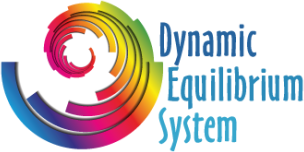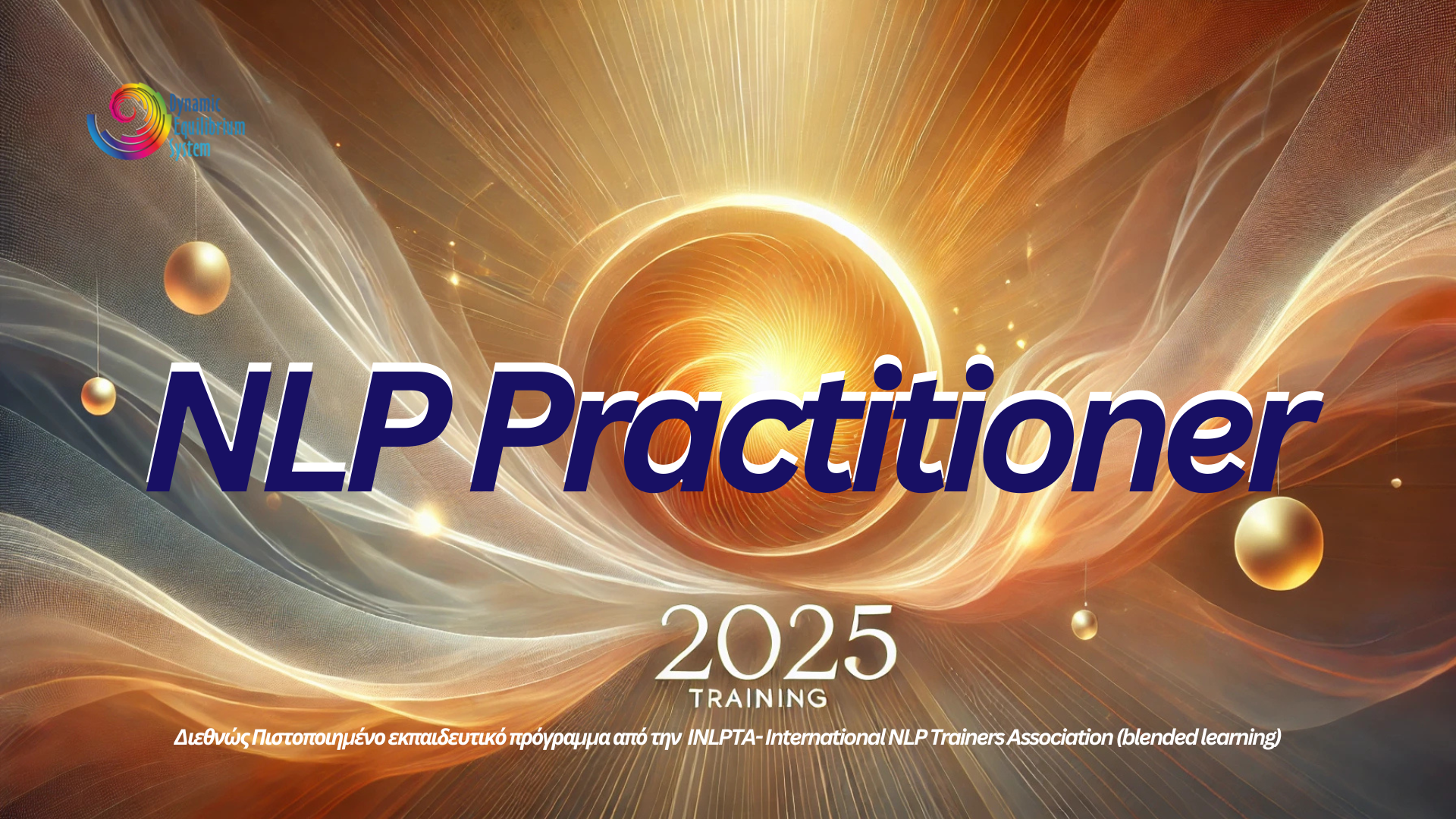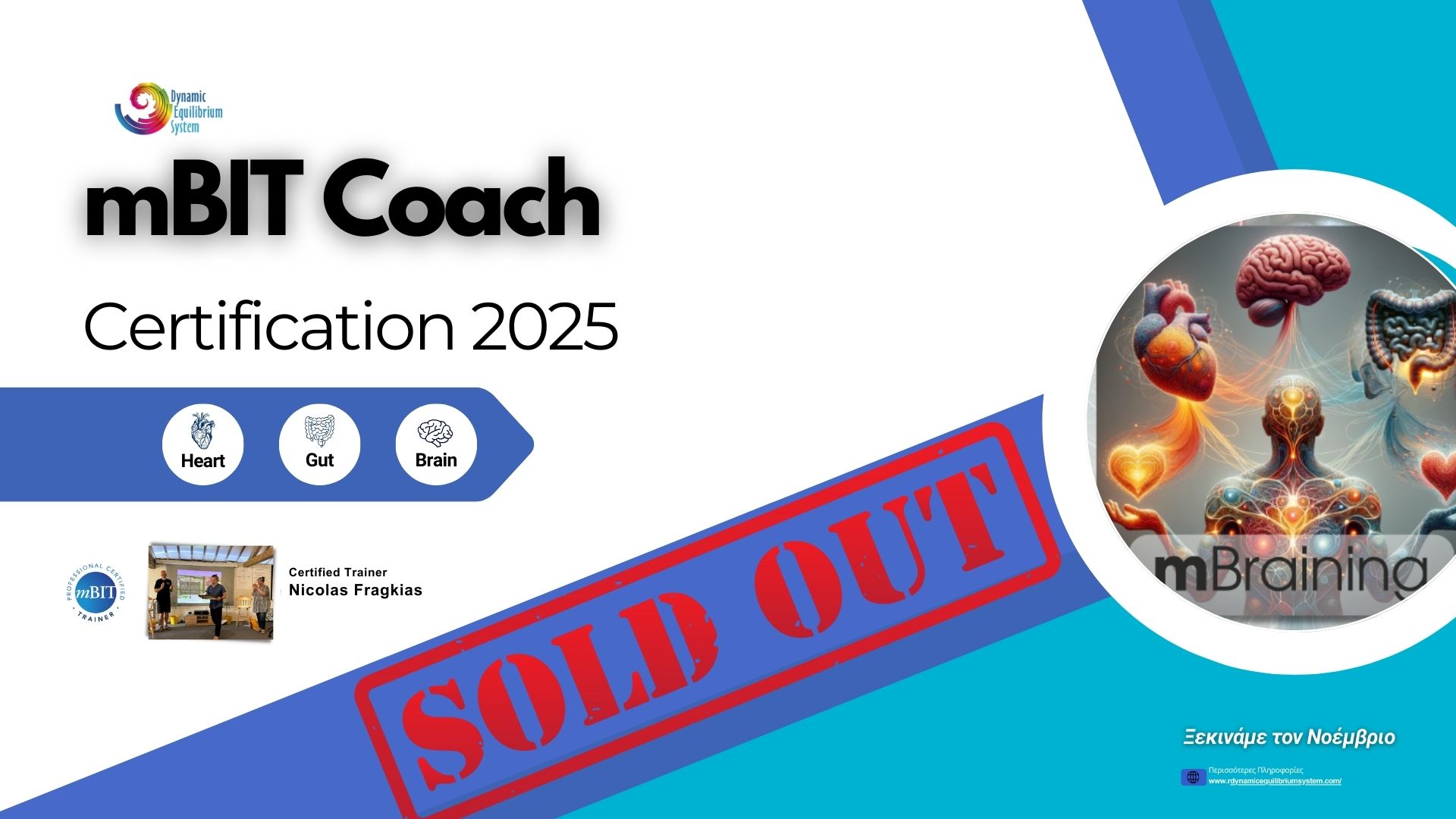Coaching is a non psycho-therapeutical ongoing interaction between the coach and the client/coachee that helps the client/coachee to produce results and reach goals in their personal and professional lives. The coach facilitates change through verbal and non-verbal communication (e.g. questions, reflections, explanations, stories, metaphors, tasks, guiding attention, exercises, etc.) Through the process of coaching, the client/coachee deepens its learning, improves its performance, and enhances its quality of life.
The coaching training is highly practical with plenty of coaching practice and exercises. The participant is urged to reflect its own communication, give feedback to peers, provide supervision sessions for peers, and use own cases and real life cases to enhance its coaching abilities. The training is also application and experience focused, spanning the bandwidth of coaching and provides examples of coaching cases and typical problems.
Requirements for certification for INLPTA NLP Coach Practitioner are:
- Trained by an INLPTA registered NLP Trainer with INLPTA Coaching qualification (requirements defined by the board of directors)
- The certification training meets INLPTA training structure requirements
- Minimum of 30 hours of formal course room training
- Minimum of 4 days of formal course room training
- The attended training meets the INLPTA accreditation competency standards and guidelines
- The candidate has successfully met the competency standards of INLPTA of NLP Practitioner, as assessed by the registered INLPTA Trainer
- The certificate needs to be signed be at least one INLPTA NLP Trainer, recommended two
- The certificates need to have the starting and ending dates, as well as the numbers of hours and dates written on them. And all certificates need to be ordered by the international or national INLPTA coordinator and be numbered and sealed with the official INLPTA seal
The candidate is of INLPTA Practitioner accredited status.
The candidate has successfully met the following INLPTA competency standards requirements for an NLP Coach Practitioner, as assessed by the registered INLPTA Trainer:
- Behavioral competency in all Practitioner level skills and the demonstrated ability to do several patterns simultaneously
- The ability to identify, utilize and demonstrate one’s integration of the Coach Practitioner content, skills, frames, concepts, principles, processes, techniques and distinctions
- The ability to do simple individualized coaching interventions based on Practitioner models
- Demonstrated ability to operate from an ecological framework and philosophy, and to do ecological change work with others
- Create and design different constructive and productive settings for coaching sessions
- Ability to detect patterns, habits and sequences in the coachees behavior, thinking, emotional states and behavior
- Ability to select the appropriate change technology (technique/intervention/question) to facilitate the change
- Ability to maintain resourceful states for intellectual, emotional, and physical choice
- Ability to process one’s own modeling of the world and to re-organize one’s processing as appropriate to the context and outcome
- Ability to act in different coaching roles appropriate to the person (coachee), process, situation and context
- Embodiment of the Presuppositions of NLP
- Behavioral assessment for behavioral integration (coaching demo min. 20 min.)
- Oral or written coaching plan or follow-up after the demo (findings, further investigation, further interventions)
An INLPTA NLP Coach Practitioner is expected to know the following content at appropriate levels of frames, concepts, principles, processes, techniques, and distinctions:
- Practitioner refresher
- Connection, relationship, distinctions and function and commonalities between the nlp practitioner techniques and interventions
- Definition and role of the coach (role, function and mode of doing coaching)
- When is coaching helpful? When not?
- Differences, distinctions and relationship between coaching and therapy, coaching and consulting, coaching and training
- Facilitating, constructing, designing, leading the coaching process
- General Coaching Process
- Get into resourceful state, rapport, setting, gather information, techniques, ecological check, future pace
- Setting:
- Creating a trustful, constructive, productive and supportive atmosphere and relationship
- Avoiding and anticipating irritations, misunderstanding, problems and surprises
- Gather Information
- About the patterns in thinking, strategies, expectations, behavioral patterns, emotional patterns, reactions, creating an understanding of the coachee model of the world
- Find out what is missing, what is blocking change
- Systematic information gathering and structuring
- Goal setting/well-formed conditions of outcomes(ability to elicit outcomes, define and clarify goals)
- Connecting goal setting with TOTE, strategies, patterns, beliefs, expectations
- Create a constructive and productive mind-set (using language, questions, presuppositions, examples, metaphors)
- That change is possible and easy
- Traps in coaching: (how to identify and avoid the traps)
- The coachee wants to be “repaired”/consumer attitude
- The coachee is sent to do coaching
- The coachee is expecting an expert in its field
- The coachee expects someone younger/older/serious/funny/special/female/male/psychologist/mba/etc.
- The coaching goes to quick/takes to long
- The coachee does not know what s/he wants
- Projection and transference (from coach or coachee)
- Coaching Frames: (create change in perspective, create leverage, motivation)
- Worst-case-frame
- Best-case-frame
- Back-track frame



